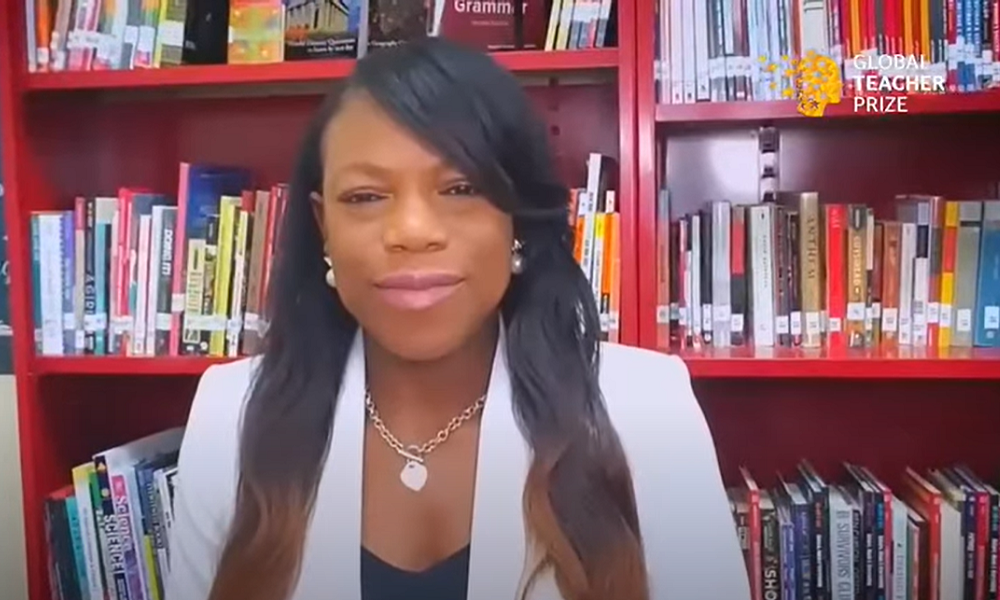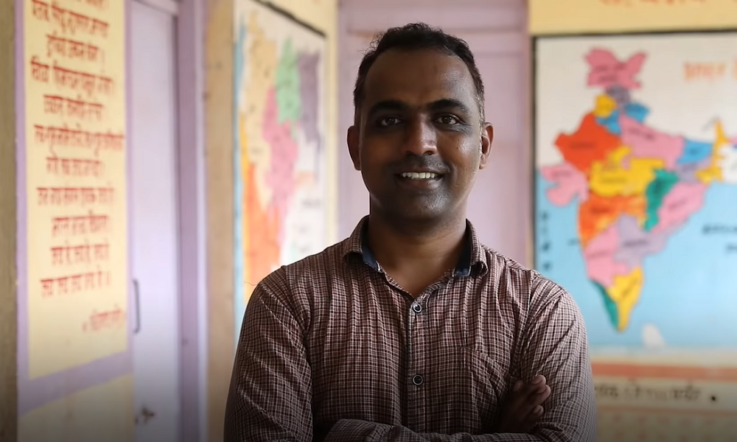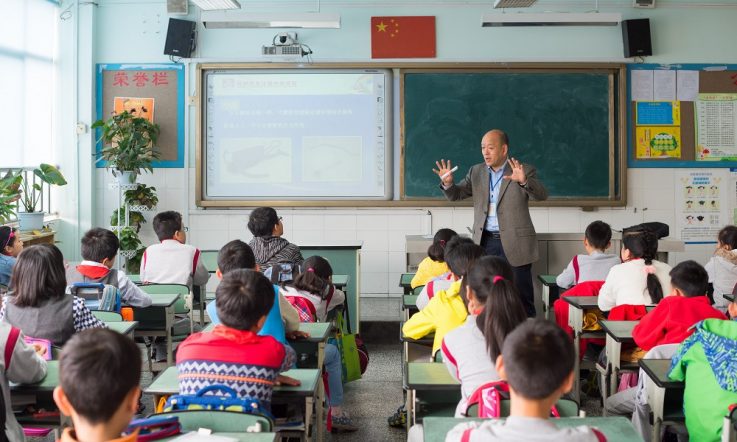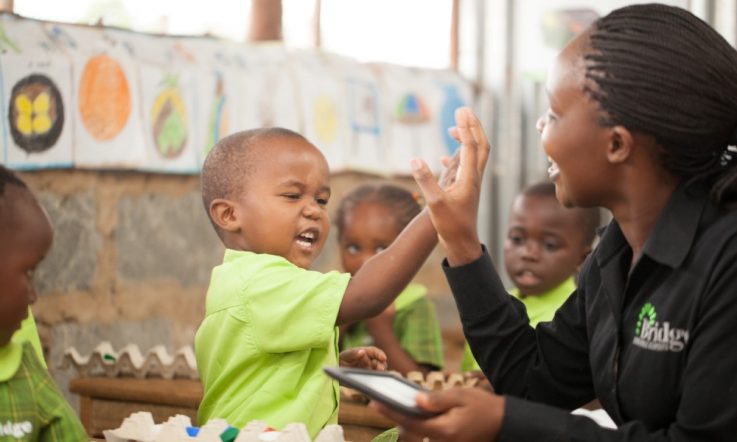A secondary school English teacher in Maryland, United States who is passionate about supporting low-income students to access tertiary education has just been named the 2021 winner of the US $1 million Global Teacher Prize.
Keishia Thorpe, who teaches English to students in their final year at International High School in Bladensburg, was selected from over 8 000 nominations from 121 countries. She is the seventh winner of the annual prize presented by The Varkey Foundation, joining the honour roll alongside Ranjitsinh Disale from India, Peter Tabichi from Kenya, Andria Zafirakou from the United Kingdom, Maggie MacDonnell from Canada, Hanan Al Hroub from Palestine, and Nancy Atwell, also from the United States.
‘Education is a human right and all children should be entitled to have access to it. So this recognition is not just about me, but about all the dreamers who work so hard and dare to dream of ending generational poverty,’ Thorpe said in her acceptance speech.
‘This is also for every teacher across the globe who shows up every day in the classroom to teach their students and transform their lives. Every child needs a champion, an adult who will never ever give up on them; who understands connection and insists they become the very best they can possibly be. And this is exactly why teachers will always matter.’
Tertiary admission for disadvantaged students
At International High School, 95 per cent of students identify as low-income and many are first-generation Americans or refugees. A lot of Thorpe’s time is spent assisting these students with their college applications and, crucially, helping them access fully-funded scholarships. In the 2018-19 school year, almost 100 per cent of the students who successfully accessed funding with Thorpe’s support were able to have the opportunity to attend college tuition-free. All in all, she helped students access over US $6.7 million in scholarship funding to 11 different colleges in this school year.
A recipient of a track and field college scholarship herself, in her own time Thorpe also supports student athletes outside International High School to access fully-funded college scholarships. This is through a non-profit organisation she founded alongside her sister, called US Elite. Together they help student athletes across the globe who are considered low-income and at-risk have the opportunity to attend college.
A culturally relevant curriculum
Thorpe has been a teacher for 17 years. At International High School, all students speak English as a second language and mostly have African, Middle Eastern, Caribbean, and South and Central American backgrounds. As an English teacher, Thorpe completely redesigned the English curriculum for students in their final year to make it more culturally relevant. Since this redesign, there has been a 40 per cent increase in reading achievement.
‘The students I teach remind me so much of myself. I can relate to their experiences. Their stories are my stories,’ Thorpe says.
The prize was presented at a virtual ceremony broadcast from UNESCO’s headquarters in Paris after the Top 50 finalists were whittled down to a shortlist of 10. Thorpe congratulated her fellow Top 10 nominees in her acceptance speech – Anna Stelman from Argentina, Breanna Heels from Canada, Bryant Acar from the Phillipines, David Swanston from the United Kingdom, Diana Lorena Rubio from Mexico, Evans Odei from Ghana, Juline Anquetin-Rault from France, Rebecca West from Australia, and Soraya Motaharnia from Iran.
‘Inspirational teachers and extraordinary students alike deserve recognition for their commitment to education amid the learning crisis we see today. Now more than ever, we must honour and support our teachers and students as they look to rebuild a better world in the wake of COVID,’ Stefania Giannini, Assistant Director-General for Education at UNESCO, said.
Stay tuned: We'll be speaking to India's 2021 Global Teacher Prize top 50 finalists – Meghana Musunuri and Satyam Mishra – in two upcoming articles.
Keishia Thorpe says ‘the students I teach remind me so much of myself. I can relate to their experiences. Their stories are my stories.’
For 2022, think about what strategies you could implement to build strong relationships with your students by understanding their experiences and stories. How could this knowledge inform your teaching?



